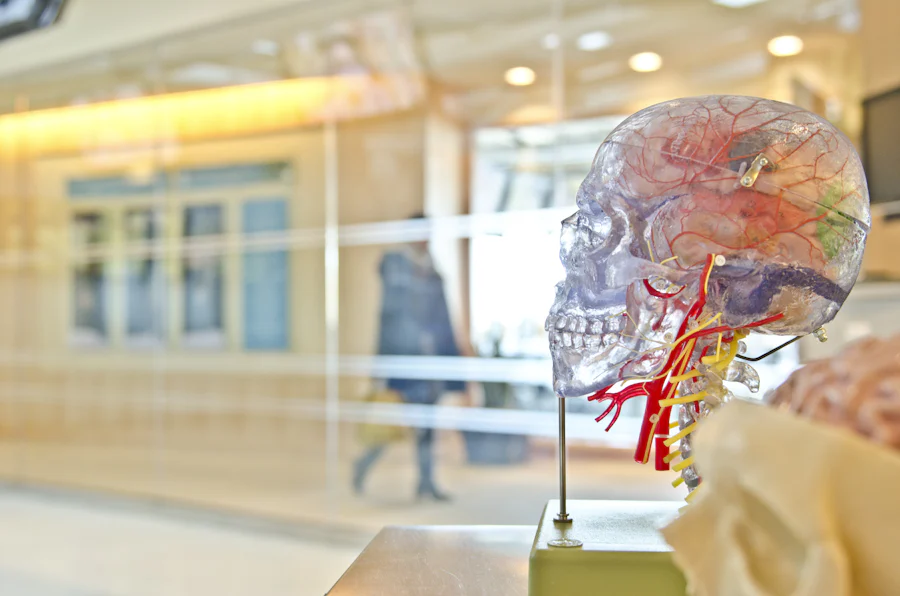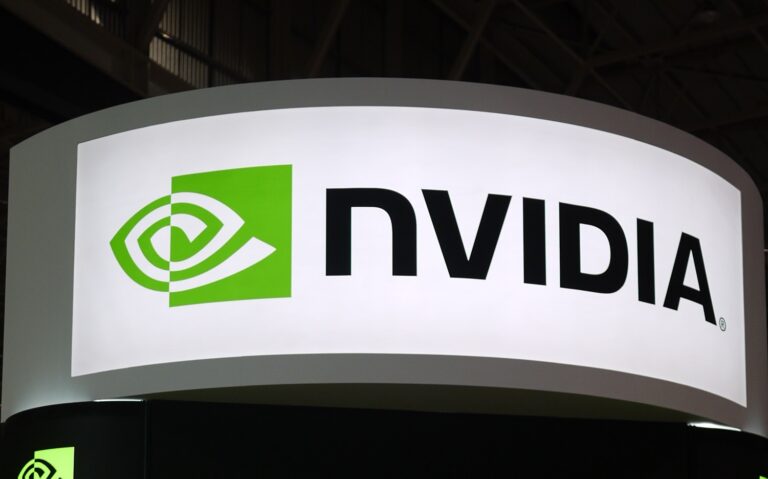
A new startup, Physical Intelligence, has emerged with a bold vision: to elevate the capabilities of robots to match the sophistication of today’s chatbots. This innovative venture, launched by a team of renowned robotics and AI specialists, is on a mission to develop a universal software model that can endow any robot with the intelligence required for virtually any application.
Karol Hausman, Physical Intelligence’s CEO, alongside co-founders Sergey Levine, Chelsea Finn, Brian Ichter, and Lachy Groom, bring a wealth of experience from their previous roles at tech giants like Google and academic institutions such as the University of California, Berkeley, and Stanford University. Their ambition is fueled by the belief that the time is ripe for a transformative approach in robotics, one that leverages the vast data and techniques used in language processing AI to teach robots how to understand and interact with the physical world.
Despite the significant advancements in AI, translating these achievements to the robotics domain has been a challenge, mainly due to the scarcity of physical data compared to the digital text data that powered the evolution of language AI. Physical Intelligence proposes to overcome this hurdle by combining the best of both worlds – the analytic prowess of language models and a novel method of teaching machines to execute tasks requiring physical interaction.
The company’s approach is a departure from previous efforts to standardize robotics software, such as Willow Garage and Rethink Robotics, which aimed to endow robots with a basic set of shared capabilities or teach them through human mimicry. Instead, Physical Intelligence envisions a more versatile and adaptable AI model that can be applied across various types of robots, from industrial arms to humanoid robots, focusing on the “brain” over the “hardware” to achieve true generalism in robotics.
This vision puts Physical Intelligence in competition with other startups and established companies venturing into the android and general-purpose robotics software space, such as Figure AI and Tesla Inc. Yet, with their innovative approach and significant financial backing, Physical Intelligence aims to amass an unparalleled body of robotics data, potentially revolutionizing how robots are trained and deployed across numerous industries.
The challenges ahead are significant, as acknowledged by the co-founders, requiring a sustained and rigorous research effort. However, the potential to unlock new levels of intelligence in robots, making them capable of performing complex tasks with minimal human intervention, presents an exciting frontier in robotics. As the field continues to evolve, the work of Physical Intelligence may well mark a turning point in the quest to bring the advanced cognitive capabilities of AI into the physical realm, making the future of robotics brighter and more versatile than ever before.
Stay informed with The Breaking AI, where we bring you the latest and most significant AI news in bite-sized portions. Tune in next week for more updates from the forefront of artificial intelligence research and development.


